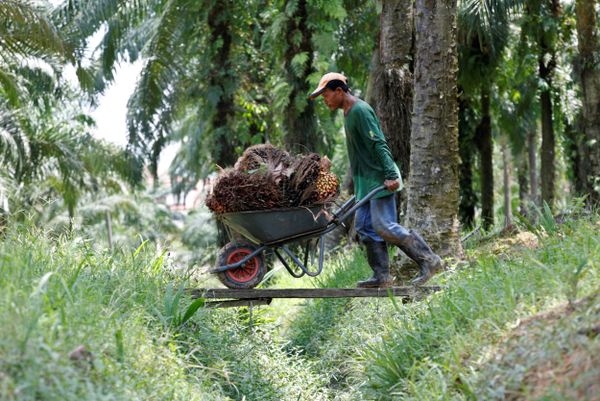KUALA LUMPUR, Nov 26 — Malaysia plans to start producing sustainable aviation fuel (SAF) in 2027, with an initial production capacity of one million metric tonnes per year, Plantation and Commodities Minister Johari Abdul Ghani said today.
The production capacity will gradually increase based on factory output and feedstock availability, he told the Dewan Rakyat.
Malaysia, the world’s second-largest palm oil producer, is in a strategic position to become one of the world’s leading SAF producers, he said.
Under the government’s National Energy Transition Roadmap published in 2023, the government established an SAF blending mandate starting with 1 per cent, aiming for a 47 per cent blend by 2050.
Johari added that EcoCeres Renewable Fuels Sdn Bhd and Petronas, in partnership with Enilive and Euglena, are constructing a SAF refinery and production plant with capacity of 350,000 and 650,000 metric tonnes per year, respectively.
“With the development of these two plants, we will have the capacity to produce one million metric tons of SAF,” he said, adding that any surplus could be exported to other non-producing SAF countries.
He said the government was also considering various tax incentives to attract investors to Malaysia and establish the country as an SAF development hub.
Johari added that SAF production would benefit small farmers and palm industry players as palm waste has a higher value than crude palm oil itself.
Singapore has announced that it plans to require all flights departing the country to use SAF from 2026 and plans to raise it to 3 per cent to 5 per cent by 2030, subject to global developments and the wider availability and adoption of SAF.
In October, Indonesia flew its first commercial flight using palm oil-blended jet fuel. The flight operated by flag carrier Garuda Indonesia carried more than 100 passengers from Jakarta to Surakarta about 550km away.
— Reuters




